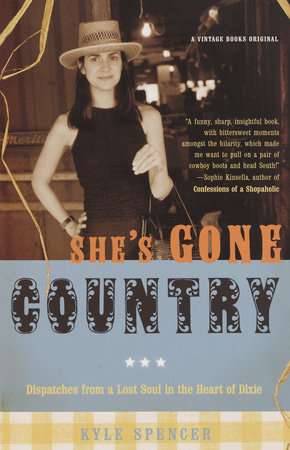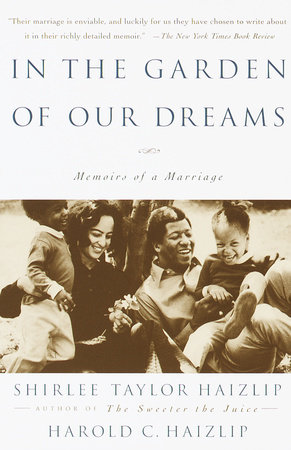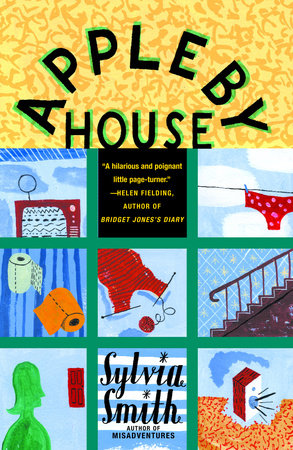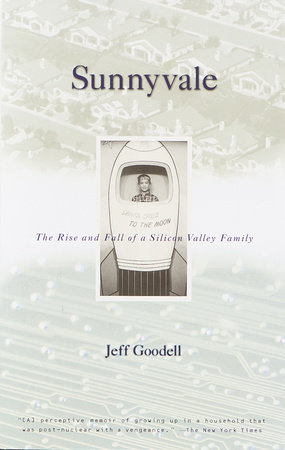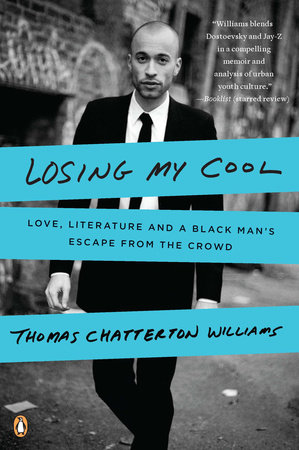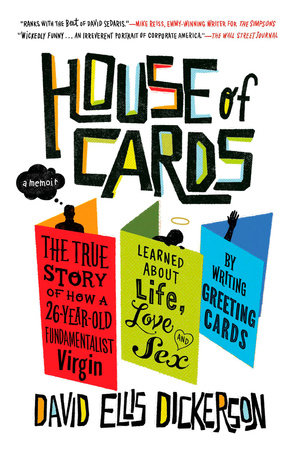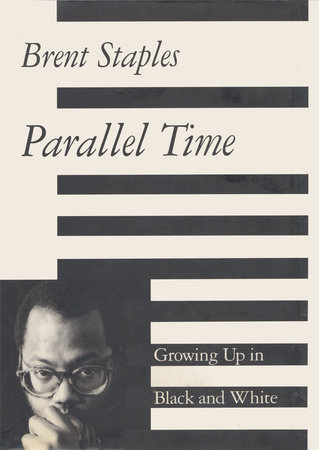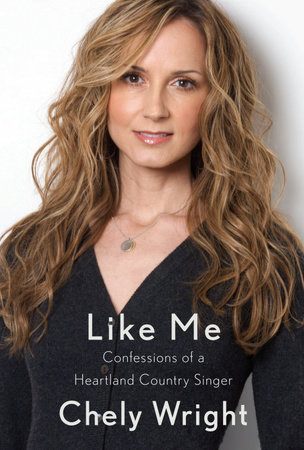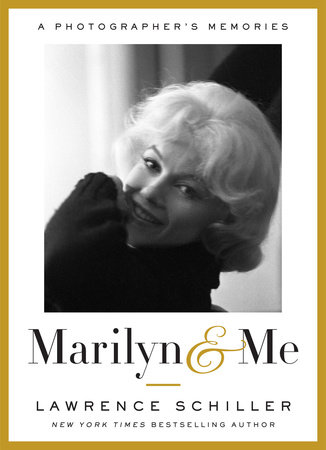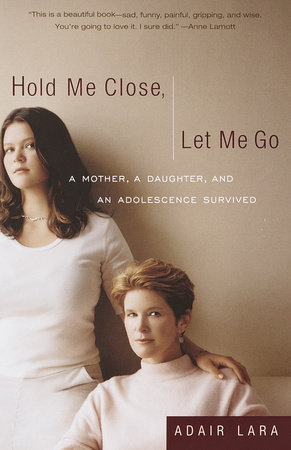Q: You call this an “exaggerated memoir.” How exaggerated is it?
A: Sort of exaggerated—somewhat exaggerated—I guess I just out-and-out lie sometimes. But not that often—and not about any of the BIG stuff. The feelings. The family trauma. The day I almost choked to death on a water skiing cord. The time the Smallest Woman in the World told me she was the most sought after bedmate at the state fair. That stuff ALL HAPPENED. It’s just that on occasion, I wanted to tell you I said something I didn’t really say—something I thought would have made everything really, truly funny and healing, and okay if I had said it. (Kind of like getting the chance to rewind your life and tell your ex-boyfriend he sucks in bed–right before he breaks up with you.) The thing is . . . being in rural North Carolina—for me, a hardcore urbanite—was so outlandish and unbelievable and exaggerated anyway, that it hardly seemed possible to tell the story without a little hyperbole.
Q: Why did you first decide to pursue journalism as a career?
A: I don’t really remember ever making the decision to pursue journalism as a career. What I do remember is that when I was about nine my father taught me how to read The New York Times on a crowded subway. He had an intricate folding trick that divided the paper up into sixteen sections and shrunk it to the size of a paperback book.
Both he and my stepmother were obsessed with politics. In fact, a lot of their domestic warfaring can be traced back to what began as seemingly innocent conversations about the merits of say, lead-based paint or the month the Spanish-American War ended. I cannot count the number of dinners during which my father would jump out of his chair—mid-sentence—to fetch a history of the world encyclopedia or a thesaurus to clear up one of these debates.
For me, becoming a reporter was never really a question–more like a given, an extension, really, of what I had been doing my whole childhood—gathering information, then listening to warring factions fight about it.
Q: You had an impressive start to your career: freelancing in Prague and interning at the Philadelphia Enquirer before taking the job at the Raleigh News & Observer when you were 27 years old. What advice would you give to other aspiring journalists struggling to hit the big time?
A: Work your ass off. In the beginning, you really have to be willing to swallow some pride—and know how to make a mean cup of coffee—which may well be what you’re doing in your first job or internship. My first newspaper job was at the Paris bureau of The New York Times. It was amazing to be brushing shoulders with foreign correspondents who were covering Bosnia and the Middle East. And of course, my French friends were enormously impressed. But the trade-off was I had to serve as personal manservant. I was picking up reporters’ tuna fish sandwiches and finding hotel rooms in Jerusalem with swimming pools. Then of course, I got a real job actually writing stories, but I had to go to the armpit of the world—the Philly ’burbs—to do it. The cream does eventually rise to the top. So hard work really pays off. But it takes a while until you get to be the cream.
Q: How has being a female affected your foray into journalism? What challenges or privileges has it brought?
A: I’m not averse to using what I’ve got. If Joe Editor likes a nice pair of legs I’m not shy about skirting it to work a few times a week. I mean, men do it all the time—bond with their bosses over common interests: golf, beer. Why can’t I bond with editors over our common interest: ME.
On a more serious note, this is a great time to be a woman in the newsroom, because there is a huge push to hire and promote us—and lots of amazing male editors with daughters our age who are totally psyched about seeing this generation of women rise professionally in ways their mothers and wives couldn’t. In my experience, they really get a kick out of it—and can be our biggest supporters.
Q: You moved to Raleigh with an idyllic sense of what life in “the country” would be like—birds chirping, acres of rolling green fields, peace and quiet—compared to the life you grew up with in New York City. How has your perspective of “the country” changed?
A: My perspective has indeed changed, but more on New York City than anything else. How do people live here? Okay, I currently do, but spending time in the South really opened my eyes to the great outdoors—not to mention how nice it is to hang around people with manners.
A lot of Northerners think that Southerners are insincere in their politeness. My response to that is: Who cares? I’d rather get a fake smile from someone on the subway than an honest growl. There is definitely too much honest growling going on in New York City.
Q: What was the best part of being a cub reporter and what was the worst?
A: The absolute best thing about being a reporter is when the subject of a story calls you up, yelling, and tells you he hated the story, or even better yet, you got it all wrong. Then you can be sure you’ve struck a chord. And as long as you’re certain that you’ve gotten all your facts right, that’s the moment you live for. It’s glorious.
Conversely, there are really very few serious reporters who want to hear the subject of a story say, “You did such a great job, I loved that story about me.” Then you know you probably did a blow job piece and screwed your readers out of the truth.
One time, I did a piece about the North Carolina Wildflower program. It was supposed to be a quick feature, but it turned out there was a huge debate raging in the state over whether or not the state should be using nonnative flowers in the program. Oddly enough, it was such a passionate topic a woman from the department of motor vehicles started crying during my interview with her. She was like, “Why are you doing this to us?”
When the story came out, she called me up and said, “I don’t like what you said about us, but I can’t imagine the other side liked what you said about them. I mean, whose side are you on?” “That’s the point,” I told her. “I’m not on anyone’s side.” What I didn’t tell her was I thought they were all freaks.
It was a good thing I didn’t. The following year, I got invited onto the annual state wildflower judging panel. I got to help judge the best wildflowers in the state—me and a bunch of big-haired garden party types. Of course, I was a total amateur at it, but it was pretty cool. I guess all that interaction with weirdness is what I love about reporting.
Q: After having lived in both the North and the South, how would you rather spend an evening: licking your fingers after a pig pickin’ or sipping dirty martinis at an art gallery opening in the East Village?
A: I love going out in the East Village or Williamsburg and watching all the crazy hipsters wearing funky outfits to gallery openings and dive bars. You know, lampshades on their heads, tattoos on their noses. People here really are walking art pieces. I missed that terribly when I was in North Carolina. There the khaki look is still going strong. The New York party scene is visual in a way no Raleigh scene could ever be.
But a lot of these New York walking art pieces suffer from awful cases of “me-itis.” Many of them are all about networking, so much so that some of the best networkers have lost the day job they were originally networking for. And they don’t even care. Thing is, people stalk the clubs, bars, and gallery openings wanting to know how you can help them get ahead . . . like the very millisecond they start talking to you. And when you can’t, they usually head abruptly away towards their next victim. New York can sometimes feel like a city of well-heeled vultures.
Bottom line is a lot of New Yorkers don’t have time to be nice. You don’t blame them. But that doesn’t mean you have to like ’em. Still, you can enjoy their crazy company and appreciate the good restaurants.
In Raleigh, going out was rarely an avante garde experience, but you generally had loads of fun. Partyyyyy is the name of the game. And people down there have time for that. No one wants to talk about work. And no one is trying to assess how much money you make or whether you might one day be famous. People there entertain a lot at home. They invite you over for barbecues, annual Christmas parties, clam bakes, and wine tastings. They are gracious in a way a lot of New Yorkers can’t even comprehend. The state motto for North Carolina is "To Be Rather Than To Seem." I think that says it all.
Q: If the Ten Thousand Angels Committee, your band of Southern girlfriends, met up with the New York-chic girls of Sex in the City, how different do you think their approaches to coping with the single/dating life would be?
A: Sling-back stilettos don’t go over well in North Carolina—but man bashing does. So, I’m sure they’d have that in common. Of course, Southern women talk much less freely about sex than their Northern counterparts, but that’s what I love about them. They’re not less promiscuous—just more discreet.
On a deeper level, I think the Sex in the City girls probably have a lot more respect for firebrand independence than a lot of Southern women do—or Southern men, for that matter. Perhaps that makes North Carolina seem very retro, but it isn’t necessarily the case. The thing is, Raleigh has a sense of community that a place like New York can never have. People do things for each other and rely on each other—simply because they’re neighbors. And they’re just not so concerned about the surface stuff. That need for social interconnectedness may seem so cheesy—so not cool—but it’s amazing to be a part of. Before, I admired supremely independent people—women who said, hell I don’t need men. But not anymore—I see them as unable to get real about what is good and wholesome about living. I guess Samantha would have a hard time convincing The Ten Thousand Angels that she doesn’t need their help.
Q: How have your family and friends reacted to the book (particularly those who scored starring roles)?
A: Well, I can tell you that my best friend Mark has already shopped for his Oprah outfit and is begging that his phone number be printed in the book. Every time I talk to him, he interrupts our conversation and asks: “Okay, you do make me sound hot, right?” My dad is too wrapped up in his Spanish soap operas to give the book much thought. But Lisa, my best friend in Raleigh, is bracing for the Southern backlash at home by planning weekly pig pickin’s and dis’ing New York City every chance she gets.
Q: You speak very candidly about your emotional life while you were in Raleigh—dealing with your eccentric family members, your father and stepmother’s divorce, your own relationships with men. How have these challenges and your self-imposed exile from New York changed you?
A: Being in North Carolina and dealing with my family from a distance helped me finally grow up. I had to go away to really see how badly things were on the home front, but going away also allowed me to get over it and be okay with the mistakes my parents had made.
Writing about that time away added a whole other dimension. I just cried and cried during the writing of some of the not-so-funny family chapters. But being able to get that all out on paper was really healing.
I did have some fear about doing it, though; fear mostly that I would hurt my father—and I talked to him about that a few weeks before I finished the book. We were sitting on a park bench outside his new apartment. He was smoking one of his cigars, and I remember waiting for him to ask me to cut some of the more personal stuff out. He reacted to that suggestion with utter amazement—as if I would be denigrating my own art if I altered it for his sake. “I know what your childhood was like for me,” he said. “But parents always wonder what it was like for their kids. This is you telling me.”
Q: Do you think these kinds of life-struggles (love, family, career) are common among the twenty-something set? Why or why not?
A: I hope everyone’s stepmother isn’t saddled with the tragic case of the sobs. And I certainly hope that most people don’t have to deal with a falling-apart family just when they’re starting to think about making their own. But I do think that at some point we all have to deal with what we want to be and how we are going to get there. I don’t mean in the professional sense but on a deeper, more personal level. Your twenties is definitely the time to ask those questions to say, “Okay, what do I need to do to get my shit together?” For me, the question became, “What am I going to do with this messy past?” And the way I eventually dealt with that question was to turn it into a story—one with a happy ending.
Q: For months you deliberated over taking a job at “the dream paper”—The Washington Post—or pursuing “the dream life”—writing a book in New York. Even though you’ve chosen “the dream life,” is journalism still calling?
A: I get the itch quite often and I don’t rule anything out, but the newspaper profession doesn’t lend itself to a stable personal life with a partner outside the business. I am currently head over heels for my very outside-the-business fiancé who lives in New York City with me. During my twenties, running around from paper to paper was great fun, but once the running around started to feel like running away, I knew it was time to put the focus on my personal life. “We”—my intended and I—take priority right now. Of course, when he read the book and checked out all the racy sex scenes with my exes, I thought I had lost him. Thankfully, he decided to be gracious about the whole thing and feign amnesia. It took me ten years of crazy dating to be able to have what I have with him. And hopefully, if all goes well, this is the happy beginning of the rest of my life. . . .
